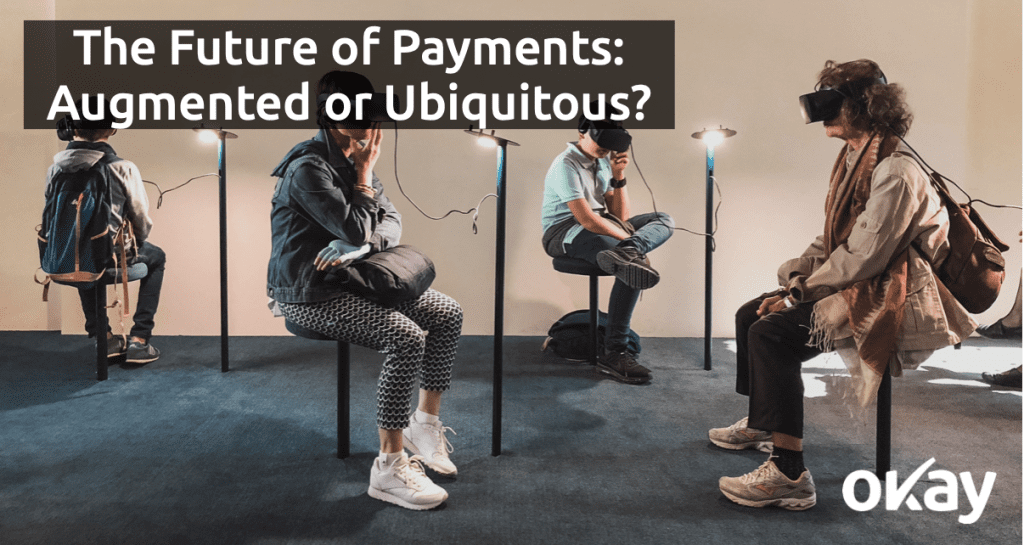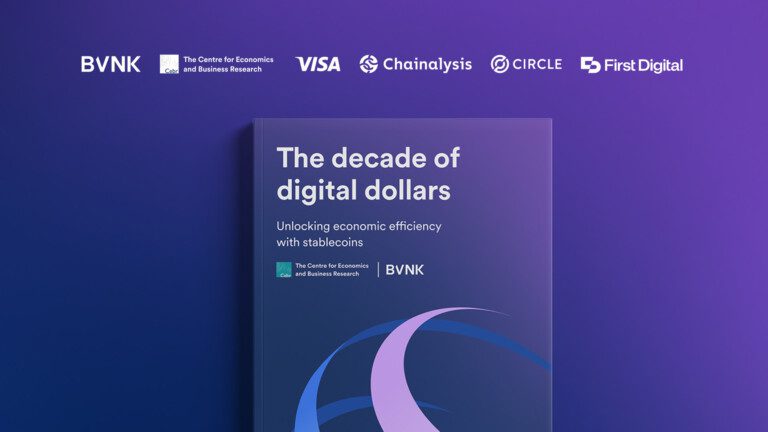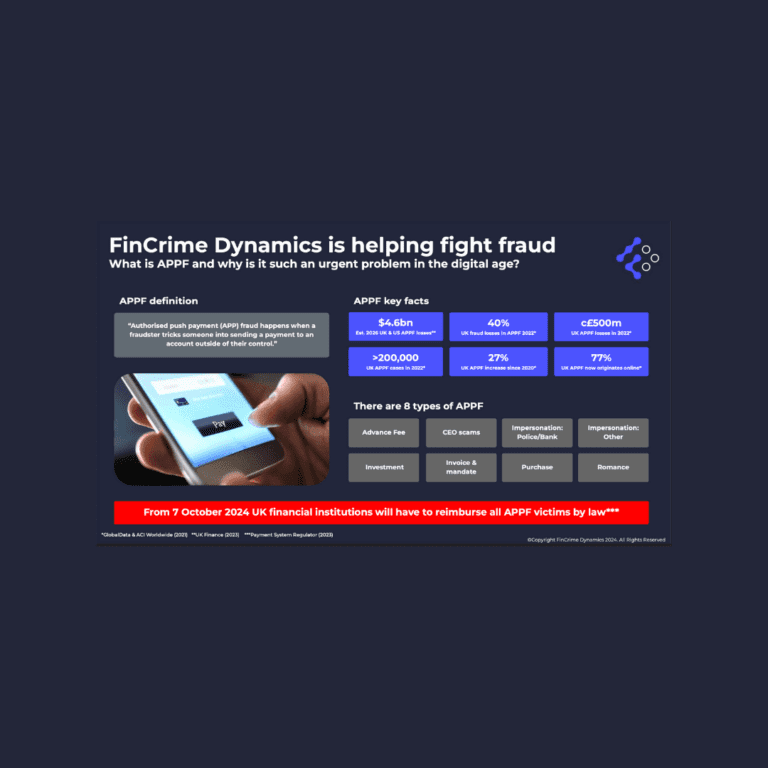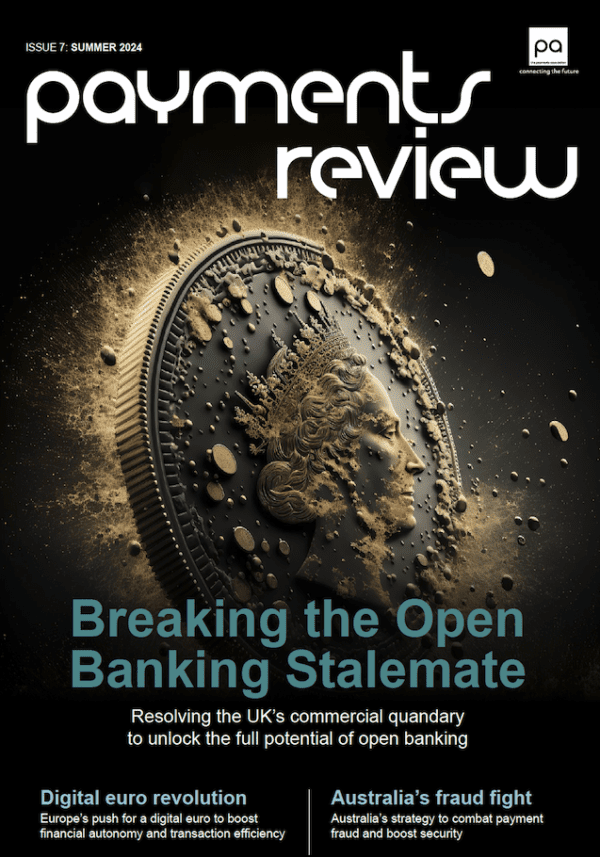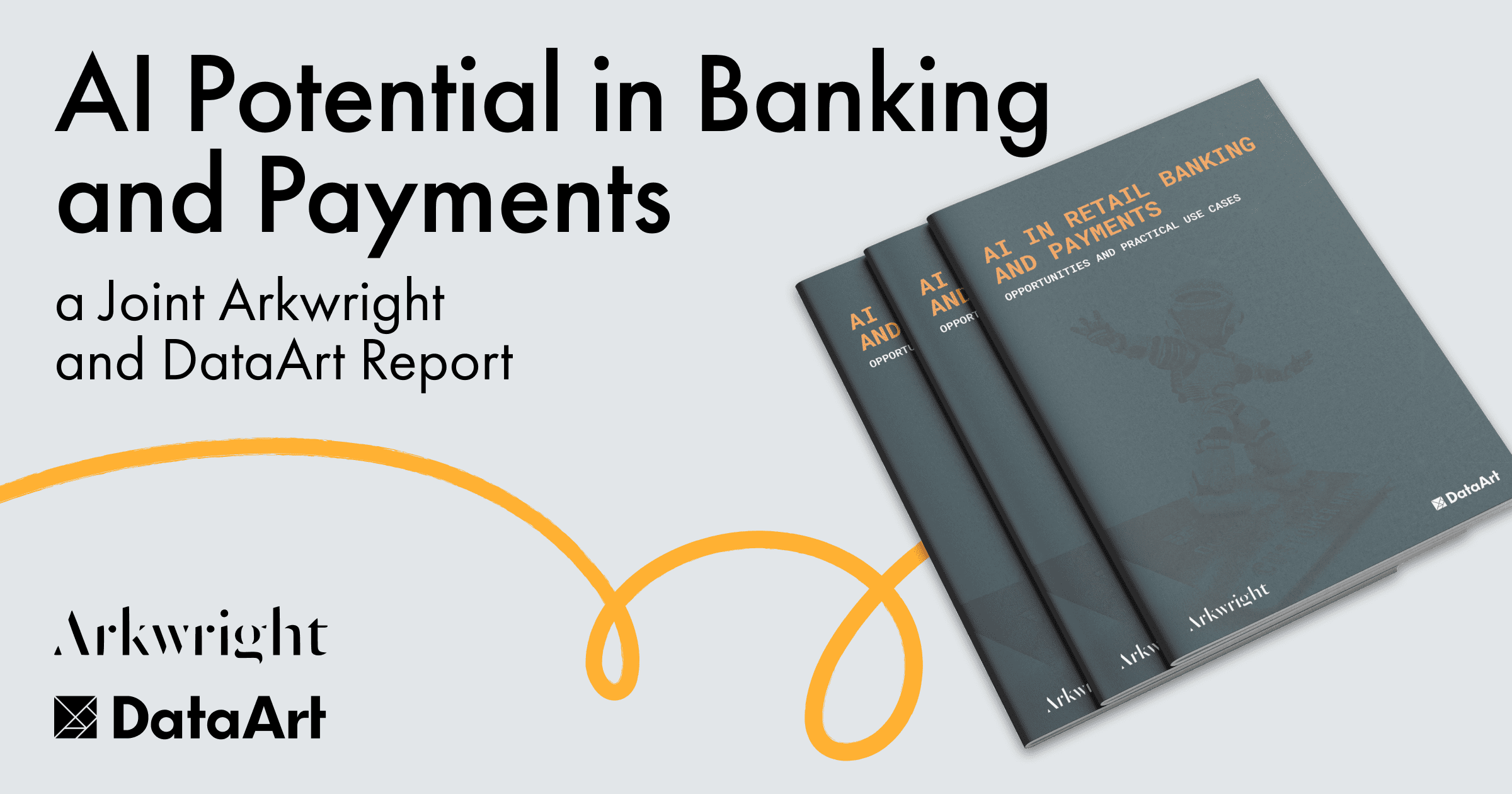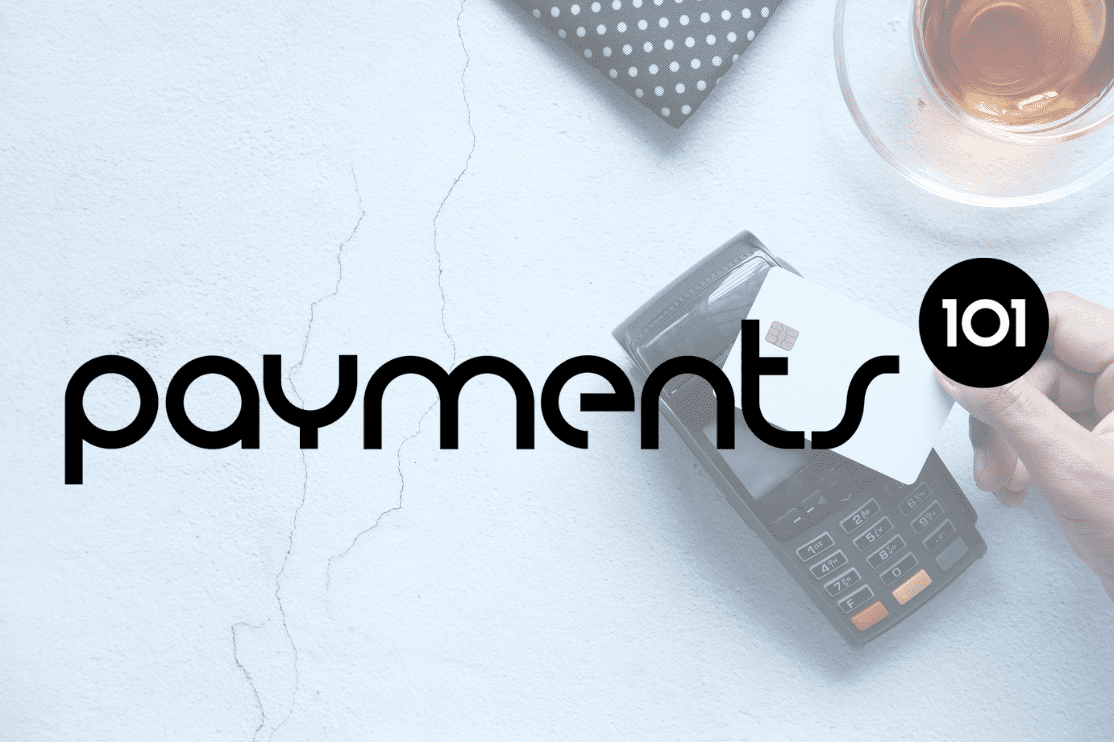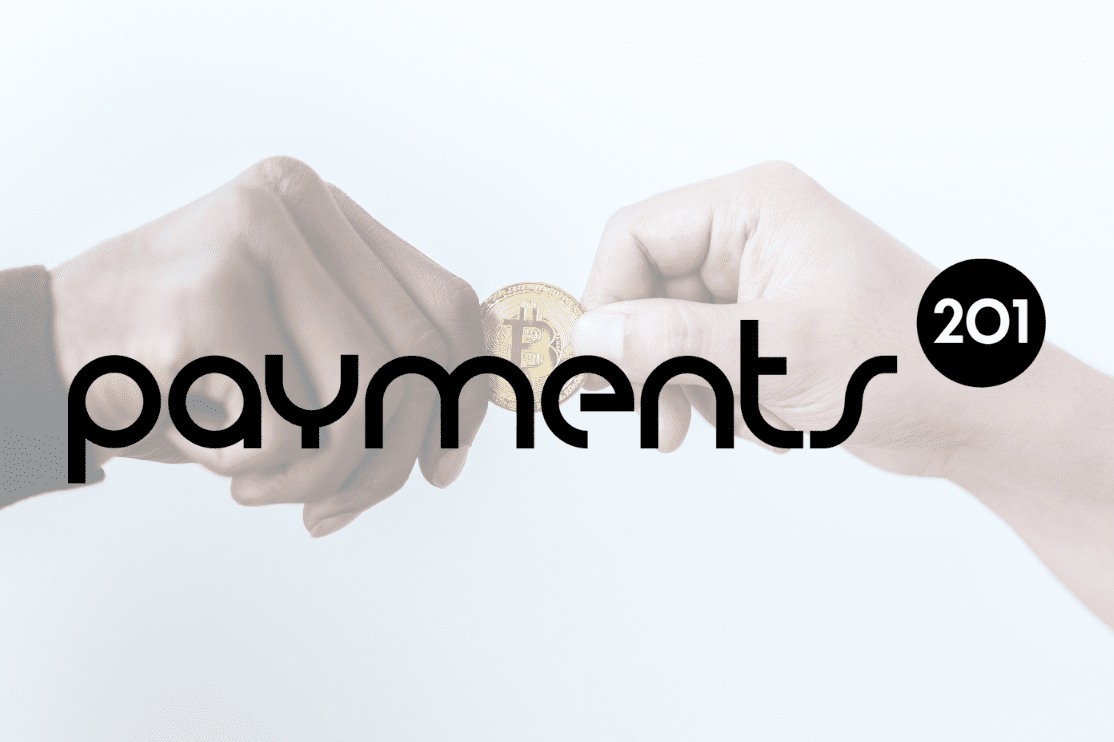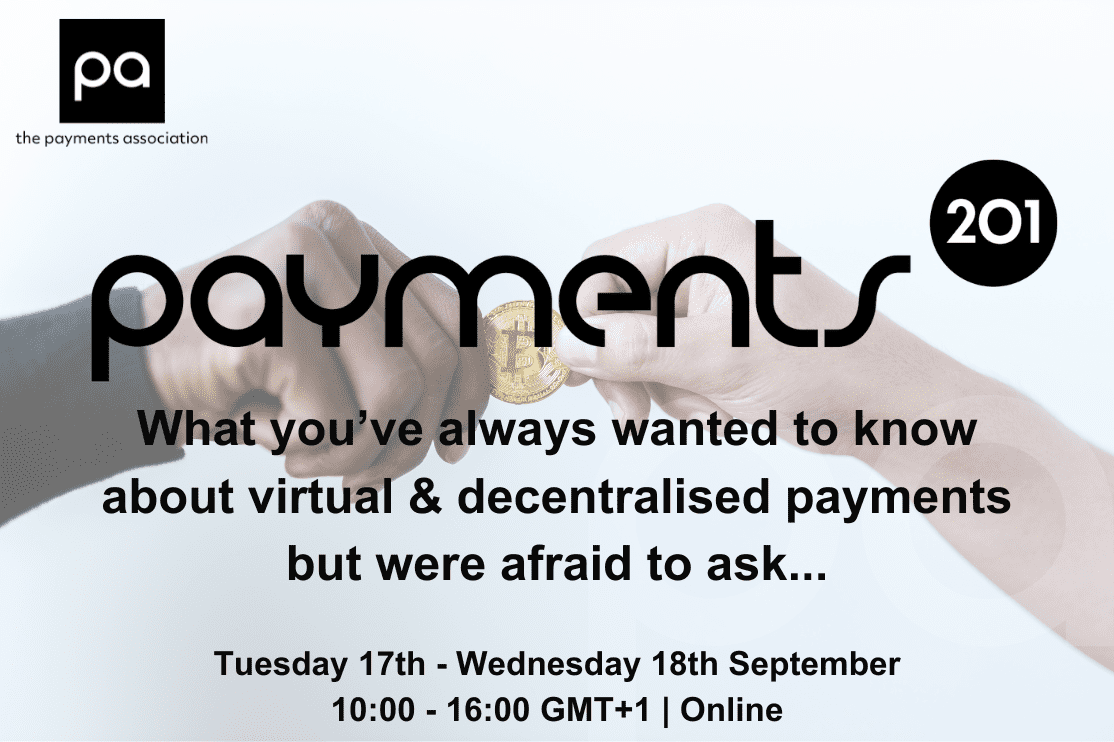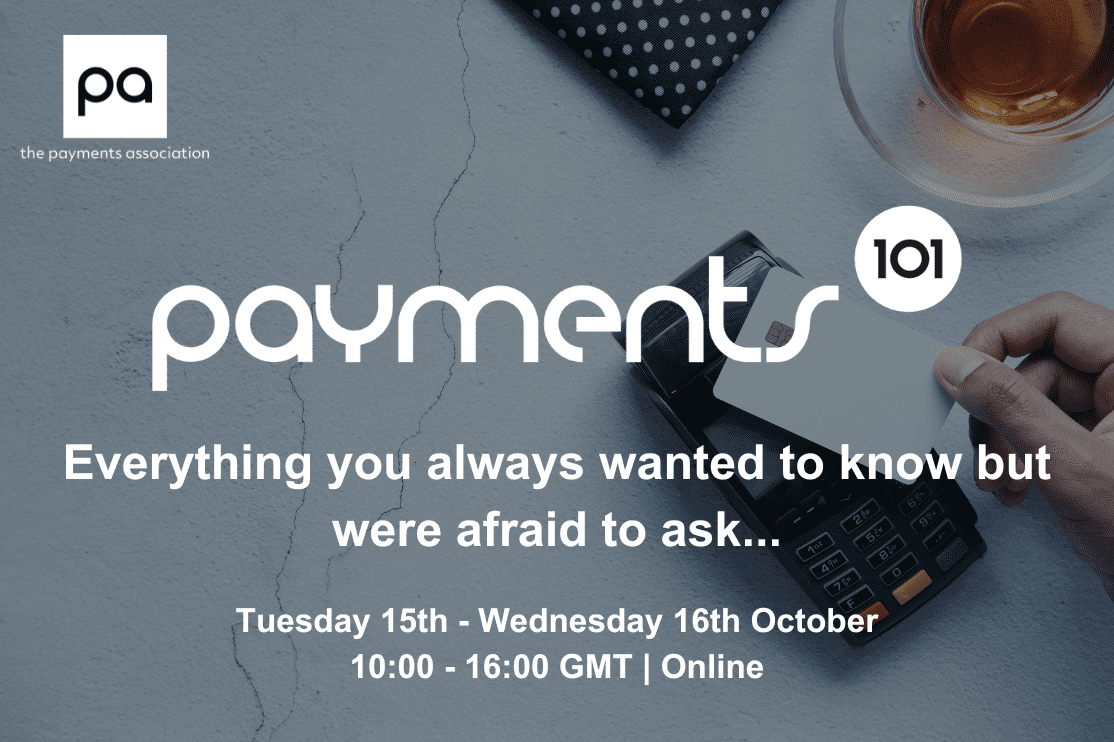“Meta” is a shortening of the word “metaverse”, a phrase coined by science fiction writer Neal Stephenson in 1992, referring to immersive virtual spaces where people can play games, attend concerts, meet with colleagues, and buy all kinds of digital goods and services. (NPR) Even though no one can say exactly what a Metaverse will look like, it does include virtual and augmented reality.
So, being a tech enthusiast myself, whose own virtual reality journey began back in 2014 with an Oculus DK2, this has become quite an interesting subject for me and has raised a couple of questions.
Will This Impact Payments in the Future?
Why does Facebook intend to invest so much money in virtual reality in the first place? The answer is pretty simple.
Technology trends come in waves; computers became common at home during the 1980s, followed by the internet in the 1990s, mobile phones in the early 2000s, and social networks in the late 2000s. So if you want to be relevant for the next wave, you have to be at the forefront of innovation and preferably be the one owning the platform and infrastructure that will build that next big ‘wave’.
As we all know, Facebook successfully did this for social networks, becoming by far the most significant player. And, if Meta can become the next platform for social interaction and work, perhaps even taking over the roles of Google, Apple, and Microsoft, it will be in an ideal position to monetise the future. Of course, payments are only a small part of this, but as the potential owner of the next big platform, Meta has some real power when it comes to limiting and controlling how payments and trade happen in the future.
Will Virtual Reality Reign Supreme, or is there Something Better?
Virtual reality is just one of the many potential visions for the future. An alternative, which can be described as roughly the opposite of virtual reality, is ubiquitous computing…
